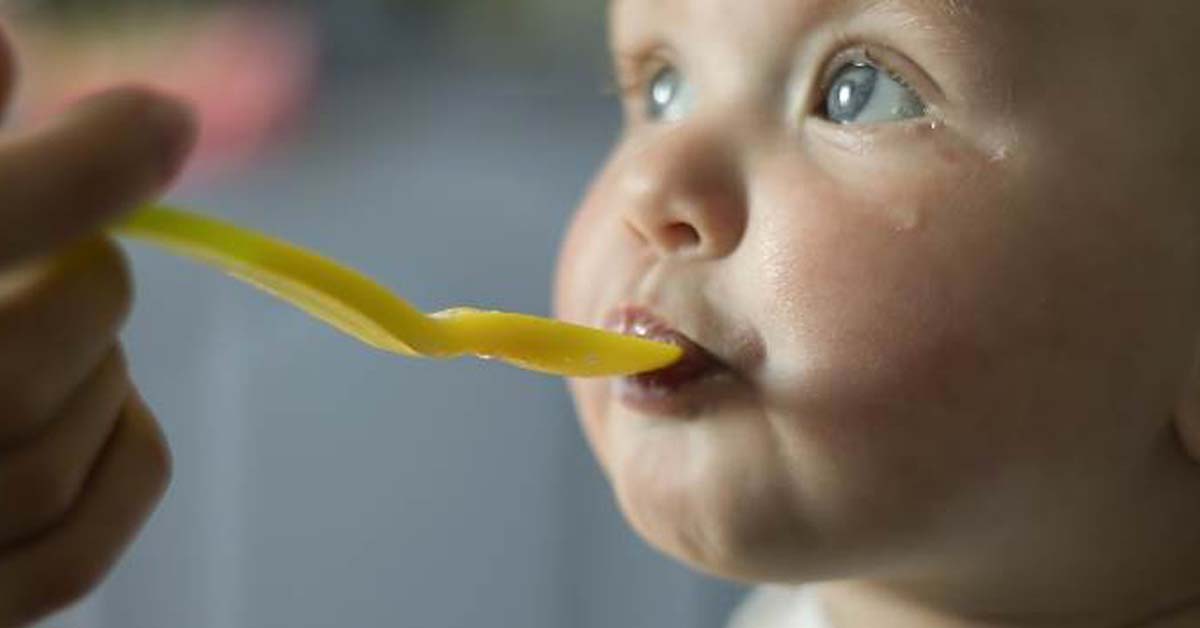An article published in the September Issue of Annals of Allergy, Asthma & Immunology is intended to provide advice to allergists that are considering offering private practice oral immunotherapy (PPOIT), but the article also serves as a primer for those that are considering engaging OIT for themselves or their children.
Oral Immunotherapy refers to a process whereby a food allergen is administered slowly over time in small but steadily increasing doses until the patient is desensitized to it. PPOIT is simply OIT provided by a private practice allergist.
While the article provides insight to both the provider and the prospective patient, the following table is especially of interest to those considering engaging OIT for themselves or their children:
Factors Impacting Shared Decision Making for OIT
Strongly consider recommending food oral immunotherapy:
- Positive oral food challenge (OFC) to peanut/tree nut/seed
- Positive OFC to milk, egg, wheat >7 years old
- Proximate history (<2 years) of IgE-mediated reaction with positive IgE or skin prick test (+sIgE/SPT)
- Remote history (>2 years) of IgE-mediated reaction with strongly +sIgE/SPT
Carefully weigh the option of food oral immunotherapy:
- Positive OFC to milk, egg, wheat <8 years old—discuss the possibility and tempo of spontaneous resolution
- Never eaten—sIgE/SPT both strongly positive—discuss the possibility of false-positive testing and risks of oral food challenge
- Never eaten—sIgE/SPT 1 or both weakly positive—oral food challenge is essential
Relative contraindication to food oral immunotherapy:
- History of nonadherence
- Parental conflict about OIT
- Eosinophilic esophagitis
- Non-EoE eosinophilic gastroenteropathy
- Incompletely controlled comorbid atopic disease
The full article is freely available from the American College of Allergy, Asthma & Immunology and we recommend it for all families considering OIT, especially those that may be unfamiliar with the therapy.






